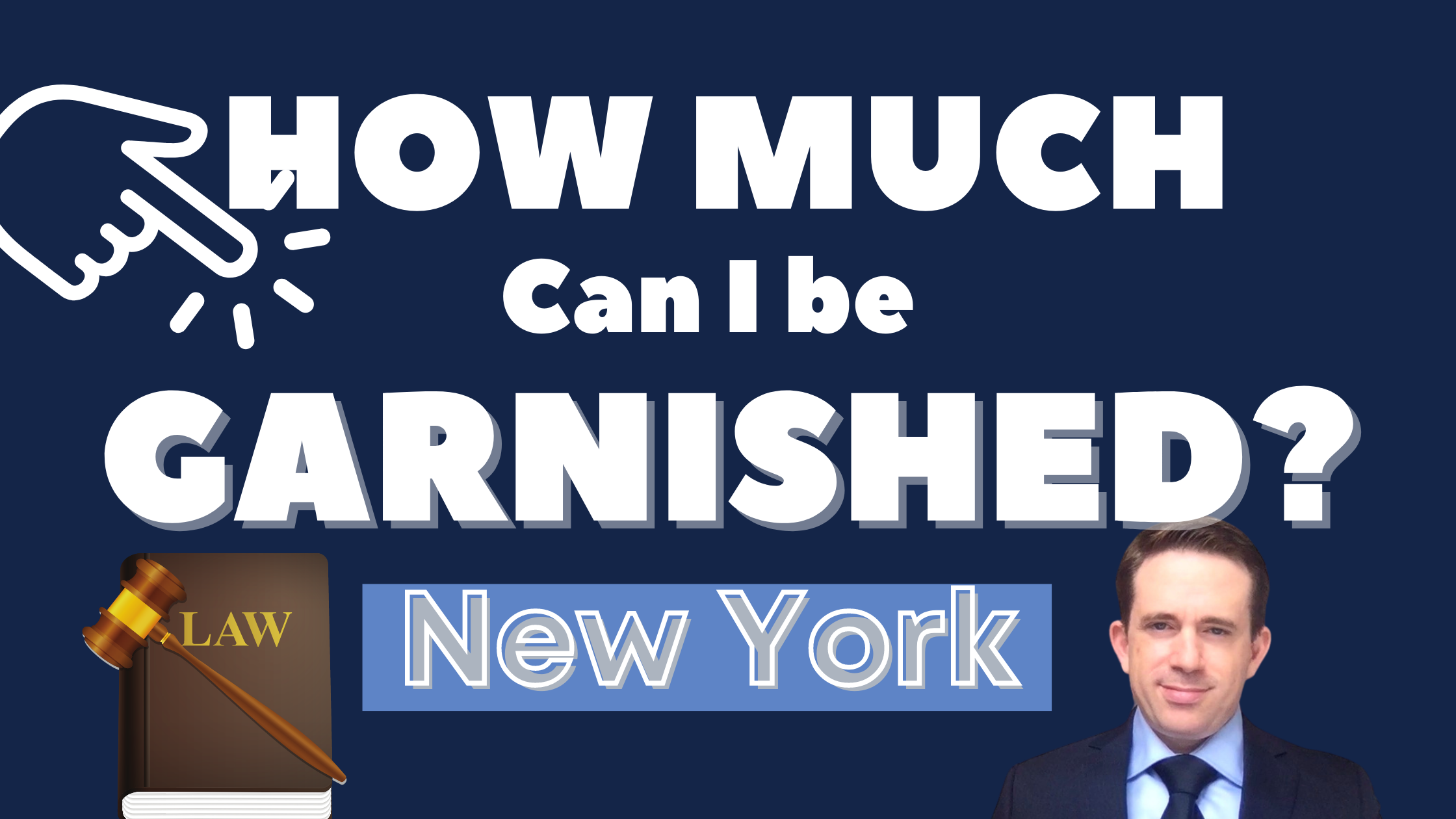We Defend You Against
CACV of Colorado, LLC
The Langel Firm safeguards consumers from debt collection lawsuits by CACV of Colorado, LLC in New York. We also pursue CACV if they violate debt collection and credit reporting laws. We defend against collection lawsuits, and wage garnishments, and bank seizures. Payment plans are available.
CACV of Colorado, LLC purchases defaulted consumer debt to collect and sue on them.
Contact Information: CACV of Colorado, LLC, 355 S Main St, Suite 300C, Greenville, SC 29601-2923, and Phone: (864) 248-5173.
CACH of Colorado Case: Dismissal Based on Inadequate Proof and Entity Non-existence
In Cach of Colorado, LLC v. Lazarovwsky, the plaintiff alleged that CACH of Colorado, LLC, was a non-existent entity, and was found to have insufficient evidence to support its claims against the defendant. The judge criticized the plaintiff's attorney for submitting affirmations that use boilerplate language rather than providing specifics to the applicable statute of limitations. The court also pointed out the absence of proof of account assignment from Sears to Citibank to CACH, LLC. The plaintiff's motion to amend the caption wasd denied, and the defendant's motion to dismiss the complaint is granted due to these deficiencies.
Legal points:
- An affirmation must be accurate and complete; boilerplate language that doesn't clearly define the applicable statute of limitations can result in a case being dismissed.
- The assignee plaintiff bears the burden of proving the validity of the assignment. Failing to establish this precludes the entity from maintaining the action.
- Affidavits provided should be admissible and come from persons with personal knowledge of the facts. The use of an affidavit from a non-existent entity or from persons lacking personal knowledge is not admissible.
Conclusion:
The case underlines the importance of thorough and accurate preparation in legal proceedings. Specific attention is called to the necessity of proving validity of assignments, preparing admissible affidavits from knowledgeable individuals, and appropriately applying the statute of limitations. The dismissal of the complaint illustrates the critical role of these factors in the adjudication of legal disputes. The takeaway is that the foundations of a lawsuit should be solid and properly executed to avoid dismissal. Cach of Colorado, LLC v. Lazarovwsky, 7 N.Y.S.3d 240 (N.Y. Civ. Ct. 2014).
Kings County Civil Court Vacates CACV of Colorado, LLC's Judgment for its own Failure to Abide by its Stipulation
In CACV of Colorado, LLC vs. Atekha (Civ. Ct. Kings County 2009), the court vacated a judgment entered against a consumer after she missed payments she owed to CACV of Colorado, LLC as per a stipulation of settlement.
The stipulation of settlement entered between the consumer and CACV stated that CACV could enter judgment if the consumer failed to make timely payments. However, CACV would first have to serve the consumer with a five-day notice to cure before entering judgment. CACV failed to provide sufficient proof that it served the notice to cure – its only proof of mailing was an affidavit made 3 and a half years after the consumer defaulted. Because CACV did not meet its burden in establishing it served a notice to cure to the consumer, the judgment against the consumer was vacated.
The court also found that the stipulation of settlement was "fatally indefinite or vague regarding the material and substantial term of the amount due and owing and the rate of interest." The court refused to put the parties back on the stipulation because CACV used an inappropriately high interest rate of over 16% to determine the amount due on the consumer's account.
District Court Finds Viable FDCPA Claim against CACV of Colorado, LLC and its Attorneys for Misrepresentation
The United States District Court, Northern District of California denied CACV of Colorado, LLC's motion to dismiss a consumer plaintiff's FDCPA claims against both CACV and its attorneys in Uyeda vs. J.A. Cambece Law Office, P.C. (N.D. Cal. 2005).
The plaintiff consumer allegedly incurred a debt that was purchased by CACV. CACV hired a law firm to collect the debt by sending letters to consumers like the plaintiff. The consumer sued CACV and its attorneys for violating the FDCPA, which states that a debt collector may not use false, deceptive or misleading representation or means in connection with the collection of any debt.
The plaintiff consumer alleged that CACV compelled its attorneys to send mass-produced demand letters with an attorney's signature, despite the attorney's failure to meaningfully review the letters. The plaintiff consumer also alleged that CACV and its attorneys, through these mass-produced letters, threatened to submit negative credit reports and to take legal action despite not intending to do so. Further, the plaintiff consumer alleged that CACV and its attorneys created a false sense of urgency through these letters: recipients of the letters were instructed to call immediately, or face legal action or suffer a disparaging credit report.
The court found that the plaintiff consumer's three distinct allegations made out a cognizable claim for violation of the FDCPA.
CACV of Colorado, LLC Violates the FDCPA by Filing Suit in the Wrong Venue
In Harrington vs. CACV of Colorado, LLC (D. Mass. 2007), the district court concluded that CACV of Colorado, LLC violated the express language of the FDCPA by filing suit in the improper venue.
The FDCPA states that any debt collector bringing legal action on a debt against a consumer must bring such action only in the judicial district where the consumer signed the contract being sued upon, or in the district where the consumer resides when the action is commenced. In this case, the plaintiff consumer lived in the third judicial district, but CACV brought suit in the first judicial district.
CACV argued that the suit could be brought under whatever venue would be proper under state law. However, the court found CACV's reasoning to contradict Congress' purpose in passing the FDCPA: to prevent debt collectors from suing consumers in forums far from the consumers' residences.
More information to help with a wage garnishment:
- Receive a Notice of Garnishment? Here’s a Summary of New York Law
- How much of my wages can be garnished? Summary of New York Law
- Vacating a Default Judgment in New York: 8 Fine Points
Here is a list of New York City’s Marshals who enforce wage garnishments:
- City Marshal Ronald Moses
- City Marshal Bruce Kemp
- City Marshal Gregg E. Bienstock
- City Marshal Martin Bienstock
- City Marshal Henry Daly
CACV of Colorado, LLC Contact Information
CACV of Colorado, LLC is a foreign limited liability company (incorporated in Colorado) and is principally located at 4340 South Monaco Street, Denver, Colorado, 80237. It is licensed (#1253377) by the Department of Consumer Affairs to collect debts in the City of New York. Its parent company is SquareTwo Financial Commercial Funding Corporation.
and/or
355 S Main St Ste 300C, Greenville, SC 29601-2923 (864) 248-5173: Visit Website

If you need help, call us at (888) 271-7109 or complete this
form.

